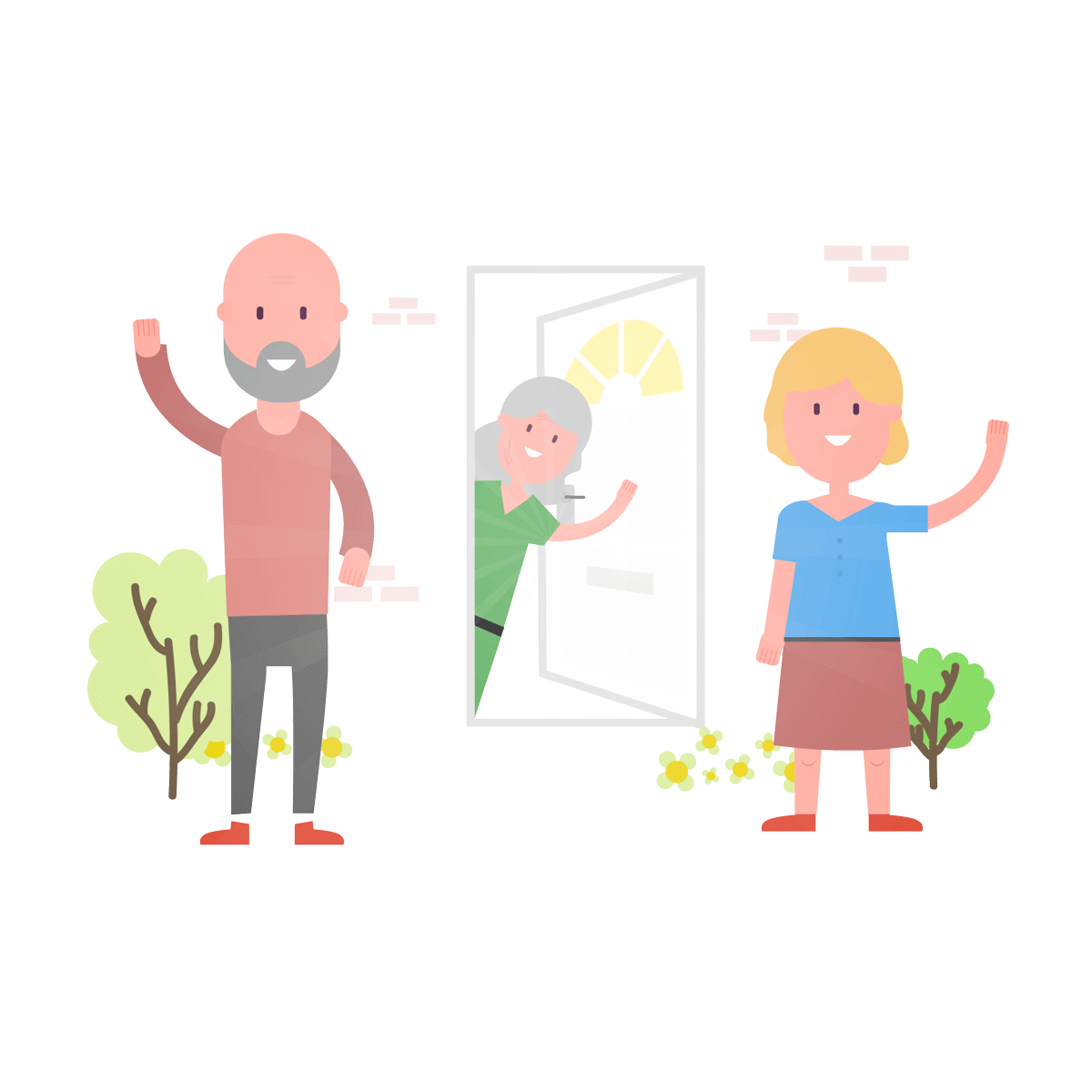


Once we emerge from the ravages of COVID-19, we need to make sure there is parity between Health and Social Care says Evermore Founder, Sara McKee.
I’ve worked within the social care sector for more than a decade – housing, care homes and homecare. Usually I’m involved in transformation, innovation and change – care homes are predominantly still run on the same operating model as forty years ago, only the buildings have been upgraded.
We have long been the poor relation of our NHS cousins. We’re the low-skilled, low paid workforce that has little value – until a pandemic hits, or so you’d think. I was as happy as anyone else to clap for the bravery of our NHS colleagues, but where’s the same warmth for social care workers?
I spend most of my week working with the Adult Social Services departments in Local Authorities in Greater Manchester. My role is to advise on how to design and shape the market and bring innovation into a very tired and outdated service. Since the arrival of COVID-19, I’ve reverted to operational and communications support; providing advice and guidance to the commissioners on how to support care providers in their system. I’m able to connect with colleagues across the UK, USA and Australia to find out how other care providers are coping in this crisis. And I’ve learnt some really good things and also disturbing news which I’d like to share here.
The Good News: everyone is being open, transparent and sharing the knowledge that is building globally in regard to dealing with the virus. We’re all in it together.
The Bad News: the health service is taking top priority and care providers are struggling to get support in terms of funding, testing and safety equipment – back of the queue again.
But there is more.
In the rush to create beds within hospitals, NHS Trusts are discharging ‘medically fit’ older patients to care homes without having tested them for COVID-19. People are arriving with the virus and, despite some of the best infection control in the health system, it’s spreading and people are dying. Care staff are staying in the homes full-time to avoid spreading the virus back out into their communities. And still they have not sufficient safety masks, gloves and aprons.
Deaths in care homes from COVID-19 are not recorded in the hospital statistics announced each day; they’re recorded later as generic “community” deaths. So how many are really dying alone at home or in care homes from this virus?
On top of that, colleagues are telling me across the country that they’re being asked by GPs to distribute letters to residents encouraging them to sign DNAR directives, so that they can be left at the home rather than taken to hospital. Naturally, this grouping of an entire cohort of people (older people) has caused huge disquiet and led to a joint statement being made by the four major health institutions reinforcing the need to undertake individual end of life plans.
These are really disturbing times for all of us everywhere – nobody is immune from the impact of COVID-19 on our communities.
What can we do? Well, let’s talk about death in a positive way. Ageing is a team sport and none of us is going to get out alive. We may have thought about the kind of life we want to live but have we thought about what sort of death we’d prefer? And have we discussed this with our loved ones?
It may sound grim, but I’m very clear on my end of life plan. When my time comes, I’d like to reflect upon a positive contribution that I’ve made to my community – work, friends, family. And I don’t want dramatic interventions to keep me alive, hooked up to wires and tubes to prolong my earthly life. Perhaps you can take this opportunity to reflect on your life and death and above all share these thoughts with your friends and family.
And, one final more political thought I offer at this time. As Secretary of State for both Health and Social Care, Matt Hancock wrote off £13.4bn of historic NHS debt to secure its future. This is almost equivalent to the entire social care budget for 2019/2020 of c£15bn.
Once we’ve emerged from the ravages of COVID-19, we need to make sure there is parity between Health and Social Care for the future. Innovative leaders from both sides of this community need to be invited to design a new fully integrated system for all our futures. The next generation of older people will not ‘go quietly into the night’, and they will not accept #ageism as a fact of life – I should know as I’ll be one of them. We’ve been creative, transformative and moved at speed to find solutions to save lives. Let’s not go back to old, outdated ways of working – let’s build on that momentum and make sure we are all truly in this together.
Sara McKee

By continuing to use the site, you agree to the use of cookies. more information
The cookie settings on this website are set to "allow cookies" to give you the best browsing experience possible. If you continue to use this website without changing your cookie settings or you click "Accept" below then you are consenting to this.